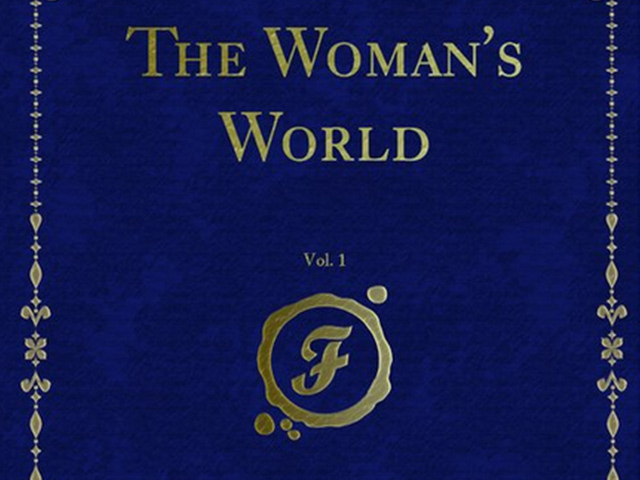<![CDATA[A fragment of papyrus containing a previously unknown poem by Sappho was recently discovered by a private collector. The number of known poetic works of the Greek poetess Sapphos continues to grow, as a recent discovery of an ancient papyrus has been credited to her work. The original papyrus on which the poems have been found is tattered but said to be one of the most preserved remnants of Sappho’s poems. Discovered by a private collector, the poems were handed over to well known Oxford professor, Dirk Obbink, who knowing the value of the findings decided to publish them. Dirks, an American born papyrologist and classicist, translated the poems and stated that it is undoubtedly Sappho’s. The first of the two poems mentions two names that have been referred to in other poetic works as her brothers, Charaxos and Larichos. This makes the findings even more significant because none of her previous poems had ever made direct reference to the two. The second poem was written to the goddess Aphrodite. Sappho (or Sappho of Lesbos) as she is sometimes referred to by the Alexandrians, is a Greek poet born somewhere around 630 BC. She is said to have been born to aristocracy and spent her years writing poetry. Most of what is known of her life comes from bits and pieces of her own writings and references made by other poets of her time. From these references, scholars have surmised that she had one daughter, Cleis, who she had named after her mother. Some recollections of her life have been ignored as myths. This most notably include the implications made by another poet that Sappho had committed suicide. Sappho’s work was mostly lyric poems that were written to be performed along with a lyre. Most of the poems she wrote addressed the issue of love between women. In fact, much of her work is said to be geared towards the women she taught while on Lesbos and that she wrote for them even after they left the island to get married. She is among the Alexandrian (from the city founded by Alexander the Great) list of The Nine Lyric Poets. Like her life, only bits and pieces of her work remains today. Over the years, her poetry has been found in only fragments. These fragments can be found in a collection by a number of poets entitled The Songs of Sappho. The collection has only one complete poem which is “Hymn to Aphrodite”, the goddess of love. This is the only complete work found to date. Some remnants of Sappho’s ancient papyri contain only a single word, which makes it difficult to put it all together to create the correct interpretations. Scholars are often frustrated by this and refer to these pieces as useless or as noted in the collection, “generally valueless … ” and “irritating”. They do not seem to sensibly fit anywhere because of the other important missing fragments. The phrases ”lesbianism” and “sapphic” are coined from the Isle of Lesbos from which she came, and her name respectively. Her popularity is well pronounced today, and the Sapphic meter, used today in modern poetry, is named after her. These recent discoveries are set to be published in a scholarly article by Obbink this spring. ]]>
The Newly Discovered Work of the Lyrist Sappho
